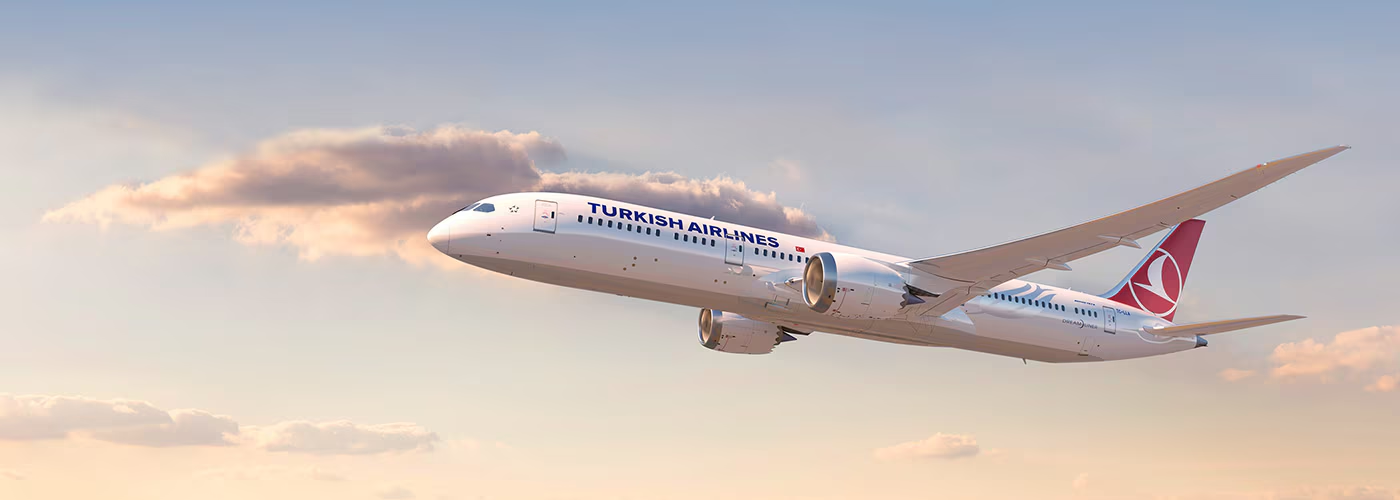How Are Airline Ticket Prices Determined?
Have you ever wondered why airline ticket prices can be so unpredictable? From jaw-dropping discounts to shockingly high rates, ticket prices seem to dance to their own tune. Behind the scenes, airlines employ intricate strategies to calculate airfare, using algorithms and market analysis to maximize profits while ensuring aircraft seats are filled efficiently. In this article, we’ll unravel the fascinating factors shaping airline ticket prices.
The Dynamic World of Airline Pricing

Flight pricing is a complex equation influenced by factors far beyond simple passenger demand. Airlines adjust ticket prices based on:
- Sales performance
- Economic conditions
- Fuel costs
- Competitor pricing strategies
The result? Prices that can fluctuate daily—or even hourly—based on market dynamics. This means the cost of a flight you check today might be different tomorrow, regardless of how often you search.
Breaking Down the Pricing Process
1. Demand Dynamics
Demand plays a pivotal role in determining ticket prices. Airlines react quickly to shifts in interest:
- Low Demand: Prices drop to stimulate bookings.
- High Demand: Prices rise during peak travel times like holidays or summer vacations, taking advantage of increased interest.
2. Pricing Tiers or ‘Buckets’
Airlines categorize seat prices into various pricing tiers or ‘buckets.’ This tiered system operates like this:
- Lower fares are offered first to attract initial bookings.
- As cheaper buckets fill up, the system moves to the next, more expensive tier.
The earlier you book, the more likely you are to snag a cheaper fare.
3. Algorithmic Precision
Sophisticated algorithms are at the core of airfare calculations. These algorithms evaluate:
- Airline type (e.g., low-cost carrier vs. full-service airline/national carrier)
- Route-specific demand
- Timing of the booking
- Cabin class (economy, business, or first)
Read more about airline types: What Are the Different Types of Airlines and How Do They Operate?
By continuously analyzing these variables, airlines optimize their prices to balance profitability with passenger satisfaction.
4. Seasonal Trends
Seasonality has a huge influence on ticket prices. Expect to pay a premium during:
- School holidays
- Festive periods (e.g., Christmas, New Year)
- Summer vacations
In contrast, off-peak seasons, like winter months outside of holiday periods, typically offer lower fares due to reduced demand.
Tips for Booking Cheaper Flights

Timing is everything when it comes to securing budget-friendly tickets. Here are a few insider tips:
Best Day to Book your airline ticket
- Tuesdays are widely recognized as the best day to find cheap flights. Airlines often release discounts on Monday evenings, making early Tuesday morning the ideal time to book.
Plan Ahead
- Booking at least four weeks in advance is crucial, especially for peak travel periods. Last-minute bookings often result in higher prices due to limited seat availability and heightened demand.
Be Flexible
- Avoid peak travel days and consider flying midweek for potential savings. Flexibility with travel dates can often result in significant cost reductions.
The Art of Pricing: A Balancing Act
The airline industry’s pricing strategies combine technology, economics, and psychology. While this process can make ticket costs seem unpredictable, understanding the underlying factors can empower travelers to find the best deals. Whether you’re planning a summer getaway or a winter escape, knowledge is your ticket to navigating the ever-changing airfare landscape!
What strategies do you use to find the best deals on flights, and have you noticed any patterns in how airlines adjust their prices? We’d love to hear from you! Share your thoughts in the comments section below.
- Featured Image by Di Windmemories
Youssef Yahya is the CEO and Founder of Aviation for Aviators, a platform dedicated to the aviation industry. With over 3 years of experience as an aviation writer, Youssef is passionate about sharing his insights on aviation, entrepreneurship, and the broader business landscape. As a Teaching Assistant in Entrepreneurship at Nile University, he also nurtures the next generation of entrepreneurs. When he’s not exploring the skies or business ventures, you can find him saying, ‘Drag your coffee, and let’s talk aviation, entrepreneurship, and football.’
You might also like:
- Air Mauritius A350 Expansion Announced at Paris Airshow
- Virgin Atlantic To Join SkyTeam Alliance
- The rise and fall of economy airline food
- United Airlines’ $1.25 Million Investment Empowers STEM Education in Schools
- Automating Skies: The Rise of Autopilot in Modern Aviation
Discover more from Aviation for Aviators
Subscribe to get the latest posts sent to your email.














Leave a Reply